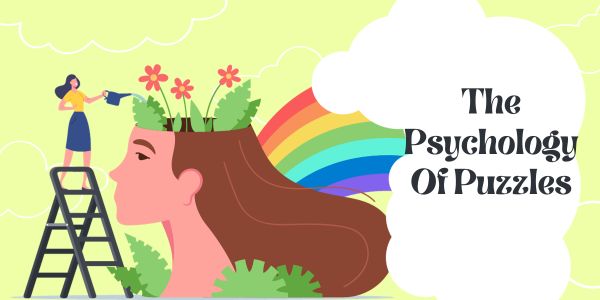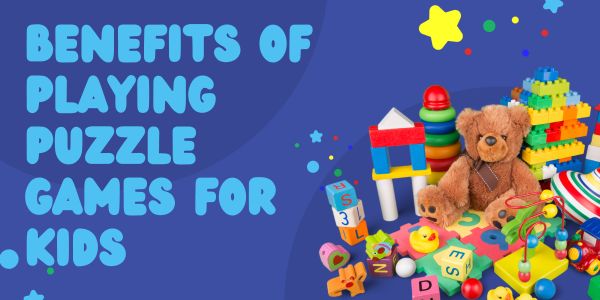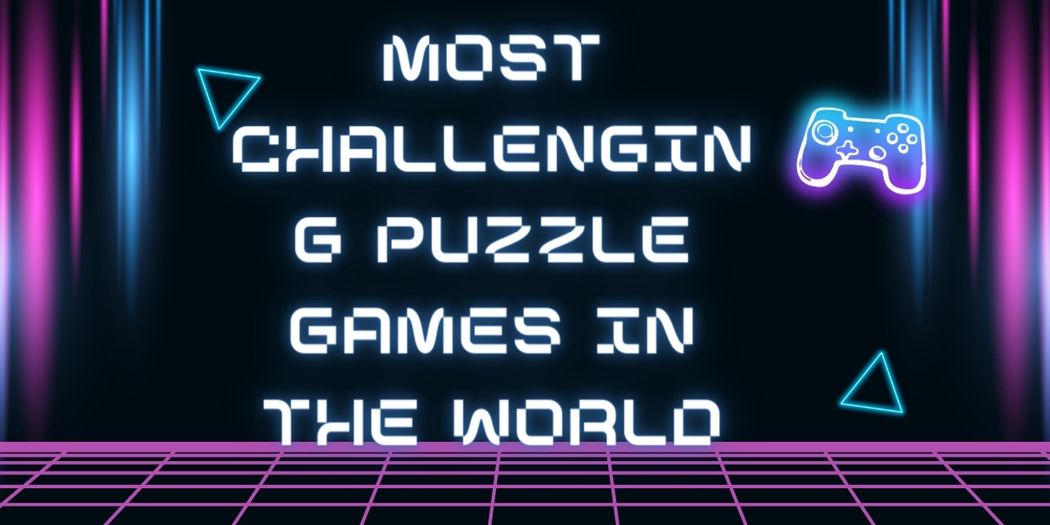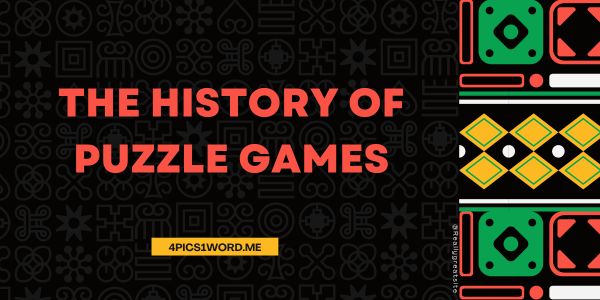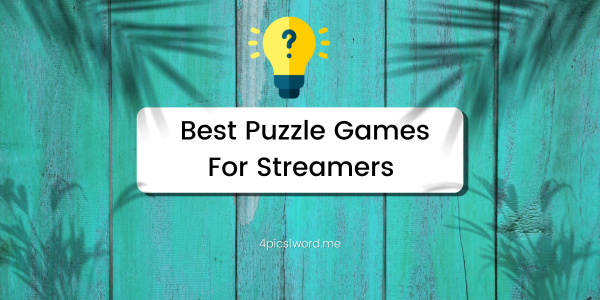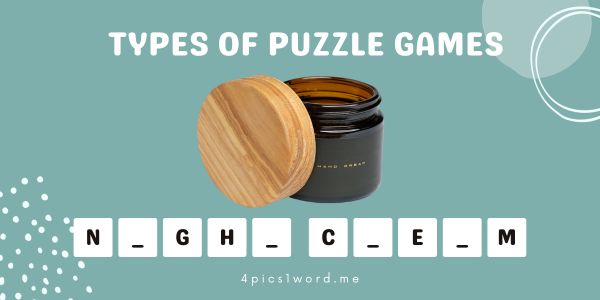
Different Types Of Puzzle Games And What They Teach Us
Puzzle games have been a favorite pastime for people of all ages. They challenge our problem-solving skills, improve cognitive abilities, and provide hours of entertainment. But did you know that different types of puzzle games can also teach us valuable life lessons? In this blog post, we will explore various categories of puzzle games and delve into their unique classes.

1. Jigsaw Puzzles:

Jigsaw puzzles are perhaps the most well-known type of puzzle game. They consist of numerous interlocking pieces that need to be assembled to form a complete picture. These puzzles teach us patience, persistence, attention to detail as we carefully analyze each piece’s shape and color before finding its place in the larger picture.
The process involved in solving jigsaw puzzles mirrors real-life situations where we encounter complex problems or tasks that require breaking them down into smaller manageable parts. By practicing with jigsaw puzzles regularly, we develop an ability to think critically about challenges by dissecting them into more approachable components.
Moreover, jigsaw puzzles instill qualities like focus and concentration, as one needs undivided attention while searching for specific patterns or colors within hundreds or thousands of tiny pieces. Such dedication towards completing a task is also highly transferable outside gaming scenarios. It helps individuals stay focused on their goals without getting overwhelmed by distractions.
2. Crossword Puzzles

Crossword puzzles test our vocabulary knowledge while stimulating our minds with wordplay and lateral thinking exercises. They often require players to think creatively and find alternative meanings, synonyms, and antonyms based on clues. This expands one’s vocabulary range and enhances language skills such as spelling accuracy, writing fluency, and word recognition speed. The mental agility developed through crossword puzzling allows individuals to express themselves effectively verbally and in written communication. A broader lexicon equips learners with better tools for articulating thoughts, presenting arguments persuasively, and conveying ideas precisely.
Furthermore, crosswords promote critical thinking by challenging players to analyze and interpret clues to correct the correct words. This skill is invaluable in problem-solving in various aspects of life, from deciphering complex instructions or manuals to understanding abstract concepts and making informed decisions based on limited information.
3. Sudoku

Sudoku is a number-placement logic-based puzzle game played on grids consisting of nine squares divided further into sub-grids called “boxes.” The objective is simple: fill each box with numbers from 1-9 without repeating any digit within rows or columns.
This seemingly straightforward task trains several vital mental faculties like logical reasoning (identifying patterns), deductive thinking (eliminating possibilities), concentration (staying focused amidst distractions), perseverance(not giving up quickly), and patience(waiting for solutions).
The lessons learned through Sudoku extend far beyond mere numerical manipulation. It teaches us that even the most complicated problems can be solved by breaking them down into smaller, more manageable steps. It emphasizes systematic thinking as well as attention to detail. In addition, Sudoku enhances memory retention skills since one must remember which numbers have been used and recall previous gameplay strategies. This ability transfers effectively outside gaming scenarios, such as remembering essential details at work or organizing daily tasks efficiently.
4. Escape Room Puzzles

Escape room puzzles have gained immense popularity in recent years. They offer a unique immersive experience where participants are locked inside a themed room and must solve various puzzles within a time limit to escape. These games teach teamwork, effective communication,problem-solving under pressure, and decision-making skills—all essential qualities for success in gaming and real-life situations such as work projects or group activities. The collaborative nature of escape rooms fosters cooperation among team members who must rely on each other’s strengths while compensating for weaknesses. Teamwork becomes crucial when solving complex riddles that require multiple perspectives, pooling knowledge, and brainstorming solutions.
Effective communication is also vital in escape rooms, as players must convey information accurately and efficiently to their teammates. Clear instructions, active listening, and concise explanations are crucial to solving puzzles within the given time frame. This skill translates well into professional settings where effective collaboration relies on clear and efficient communication among team members.
Conclusion:
Puzzle games come in various forms—jigsaw puzzles challenge our patience; crossword puzzles enhance language skills; Sudoku hones logical reasoning abilities, while escape rooms foster teamwork—and each type offers valuable lessons applicable beyond gaming.
Regularly engaging with different puzzle game genres, we sharpen our cognitive faculties while developing crucial life skills like critical thinking, creativity, persistence, effective communication, focus, and problem-solving. These transferable qualities enrich our leisure activities and positively impact other aspects of life, such as academic performance, career progression, social interactions, and personal development. So next time you pick up a puzzle game for leisurely fun or mental exercise, remember that it’s not just about entertainment—it’s an opportunity to learn, grow, and become better equipped to face real-life challenges.

